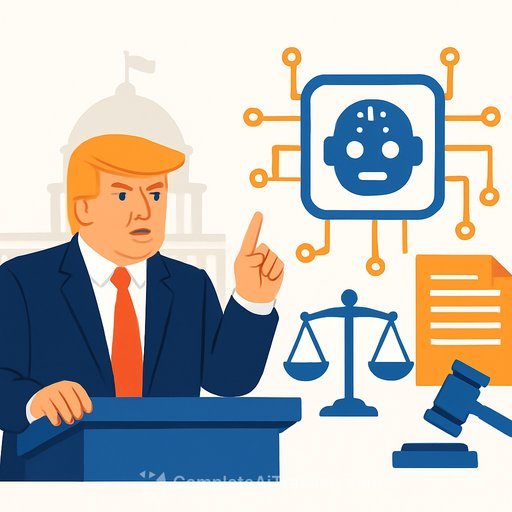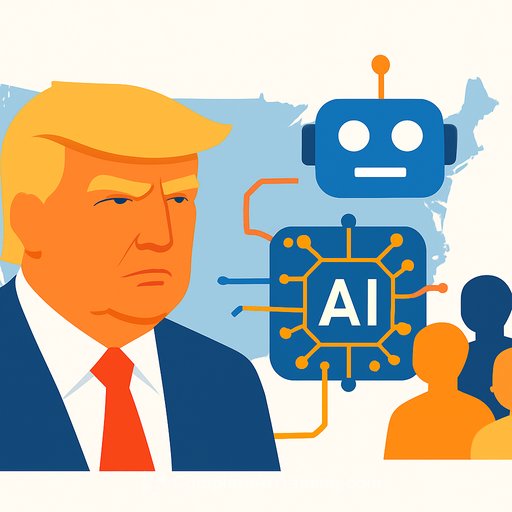Google Backs EU’s AI Law While Facebook and Instagram Push Back
Google has chosen to endorse the European Union's upcoming AI law, marking a key moment for the bloc as it seeks to enforce digital regulations amid pressure from major tech players and the US government. This move stands in contrast to Facebook and Instagram's parent company, Meta, which has openly rejected the legislation.
Kent Walker, Alphabet’s president of global affairs and chief legal officer, confirmed Google's intention to sign the EU’s AI Code of Practice. He emphasized that the company hopes the code will facilitate safe access to advanced AI tools for European citizens and businesses. However, Walker also expressed caution, warning that some provisions could impede Europe's AI innovation and competitiveness.
Specifically, Google flagged concerns about potential delays in approvals, deviations from EU copyright law, and requirements that might expose trade secrets. These factors, according to Walker, could discourage AI model development and deployment within Europe.
Other Industry Players and the AI Act Timeline
Google joins companies like OpenAI and French AI firm Mistral in signing the code. Microsoft’s president Brad Smith recently indicated that Microsoft is likely to follow suit. The AI Act is expected to come into force early next month, marking the start of a new regulatory framework for AI within the EU.
What Does the EU’s AI Act Require?
- Regular documentation updates for AI tools.
- Prohibition on training AI using paired content without consent.
- Compliance with content owners’ opt-out requests.
- Mandatory systemic risk assessments and ongoing post-market monitoring.
This set of rules aims to ensure transparency, safety, and accountability in AI development and deployment across member states.
The European Commission’s Firm Stance
European Commission President Ursula von der Leyen and US President Donald Trump recently signed a trade deal addressing digital trade barriers. Despite this, the EU remains firm on its AI regulations. A Commission spokesperson stated that the EU will maintain its autonomous right to regulate digital technologies, signaling that the AI Act is a “red line” that will not be compromised.
Why Meta Opposes the AI Act
Meta, owner of Facebook and Instagram, has strongly opposed the AI code. Joel Kaplan, Meta’s vice president of Global Public Policy, criticized the code for creating legal uncertainties and imposing measures that extend beyond the AI Act's intended scope.
Kaplan argued that these requirements could stifle innovation and complicate model development. His public stance highlights the tension between regulatory ambitions and corporate interests.
Industry Pushback from Europe’s Biggest Companies
Last month, 44 of Europe’s largest corporations—including Bosch, Siemens, SAP, Airbus, and BNP—signed a letter urging the European Commission to pause the AI Act’s implementation. Their call to “Stop the Clock” reflects concerns about the law’s potential impact on business operations and competitiveness.
Legal professionals monitoring AI regulation should watch these developments closely, as they will shape compliance strategies and risk assessments going forward.
Further Reading
Your membership also unlocks:






